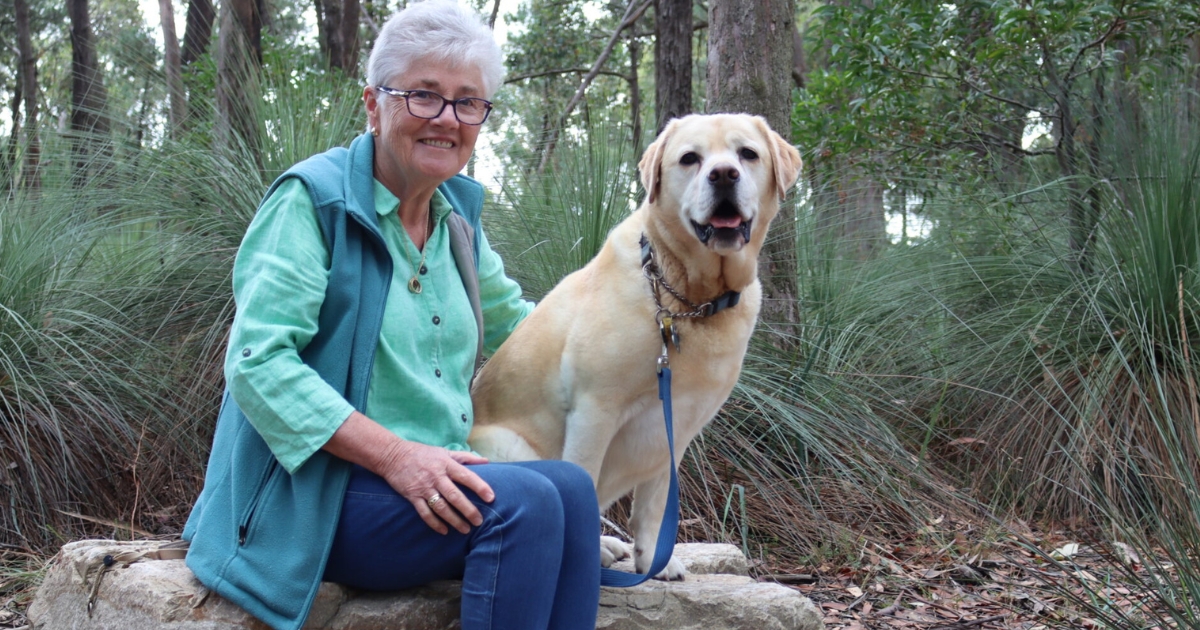Physics and friendships in radio transmission

Chatting to Corio: Peter Gamble points a homemade antenna of shed scraps, copper and aluminium wire, hot glue and connectors, towards the Buninyong repeater. Photo: EDWINA WILLIAMS
IF you have a technical background, or a fascination with technology, the Ballarat Amateur Radio Group could be the community for you.
With 50 active members, president Malcolm White said the club celebrates and engages with amateur radio equipment of many, diverse forms.
“Most people probably are aware that amateur radio could involve speaking to people in various parts of the world, or maybe even use Morse code, and that’s definitely where it’s come from,” he said.
“But there’s a lot of aspects to amateur radio. It’s a varied hobby. There are people talking on satellites and some interested in transmitting TV. Some hike up mountains with portable, lightweight equipment to contact people.
“These days there are quite a lot of digital modes using the sorts of things telephones use. They could have computers connected to a radio, with computers at the other end, and there are aspects linked to the internet.”
An area of interest emerging more amongst members is software defined radio.
“A lot of the components of the radio are emulated in the computer and you use a lot less hardware, but still connected to an actual antenna and working as an actual radio,” Mr White said.
Many in the BARG community build their own equipment, but it can all be bought, too.
“Most people have a mix of what they build and what they buy.”
For members or those outside the club keen to grow their skills, knowledge and friendship circles, BARG has facilities at the Ballarat Airport, resources and time to share.
“We run some regular meetings where people involved in construction of things can talk about them.
“We might have guest speakers come along to talk about their interest in the hobby, and we also have some equipment people can make use of, rather than buying everything themselves,” Mr White said.
“The club is very social and active, so we have dinner nights once a month at a restaurant or pub, and there’s a coffee morning every Thursday.”
During the COVID period, members in isolation have headed to their radios to catch up over a cuppa at 10am every morning.
“There are more people involved than there were before COVID because they’re locked up at home, and there are a lot more different ways to be involved compared to 20 years ago,” Mr White said.
Members don’t need equipment or experience to join BARG, and any person anywhere can listen in to those transmitting.
“If you search ‘SDR online’ there’s a bunch of sites where you can go in, tune around and listen into what various people are transmitting.”
The club runs training courses so hobbyists can get their amateur radio licence, which is needed to transmit and speak. The tests and licence cost around $300.
Visit barg.org.au for more information or to get in touch.


















